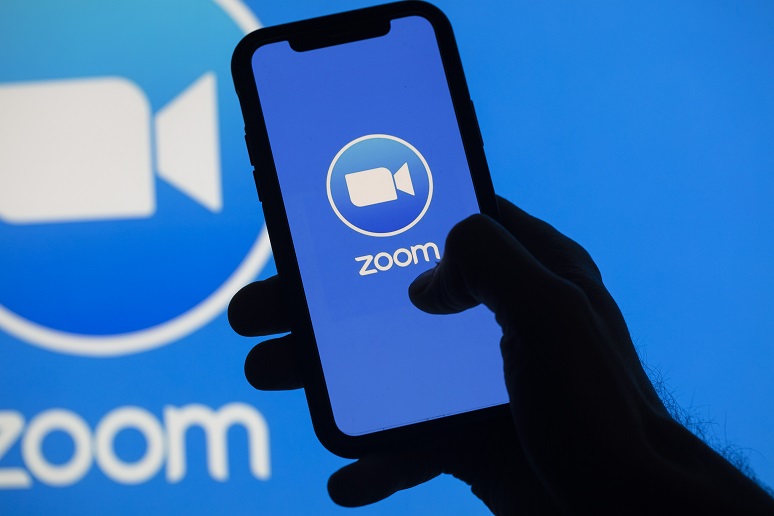The news about Zoom requiring some of its workers to come back to the office makes for an easy gotcha, the kind that many media outlets find hard to resist. The article linked in the previous sentence is far from the only one whose headline starts, “Even Zoom….” And of course those who hate remote work on principle have been especially gleeful. “Well, I think that about settles it. Back to work everyone. The Slackofficene Era is over,” tweeted one such partisan.
Zoom’s move is worthy of a much more nuanced response and a closer examination not just of the state of hybrid work, but also the state of Zoom.
An important factor is the gap between what the general press knows about Zoom, and what anyone paying attention to our industry realizes. To the general public, “Zoom” is still a synonym for “video,” and I’m sure Zoom wouldn’t want to lose that association. At the same time, Zoom is working hard among its enterprise customer base to be seen as a complete platform—not just video, but contact center, telephony, messaging, employee experience, the full suite, all powered by AI. So it isn’t counter-intuitive for Zoom to do something that decouples it from the idea that video is everything, because video no longer is everything for Zoom—or at least that’s the company’s aspiration.
As for whether this is a turning point for hybrid work across the workforce, it seems more likely that the situation is simply shaking out a bit. Robin, a company that makes office management software, recently reported that its statistics show employee office visits have risen, but still average less than 3 days per week.
So the process of finding an equilibrium for hybrid work grinds on. Remote work isn’t going to go away no matter how much its opponents hand-wave at Zoom’s recent action. For a more realistic view of hybrid work, Adam Holtby, principal analyst at Omdia (which is owned by Enterprise Connect parent company Informa) shared some data from his recent study on the Future of Work and the evolution of work styles. Some key data points on how hybrid work is impacting the employee and customer experience:
- 48% of businesses advise that employee productivity has improved [with hybrid work] (31% believe it had worsened)
- 54% advised customer experience had improved (27% believe it had worsened)
- 57% advised that employee satisfaction had improved (23% believe it had worsened)
- The data also shows that employees are less satisfied at work when a return to the office is mandated.
There’s not going to be a moment of capitulation (by either side) in the battle over remote work. The reality of expensive commercial real estate costs and the perceived impact on corporate culture will continue to battle against the very real willingness of many employees to change jobs to gain flexibility. Any significant change is almost certain to be gradual, which means IT organizations will continue to deal with uncertainty when it comes to the work styles they must support.










